Jean Guillou - Colloques et Répliques (Live) (2023)
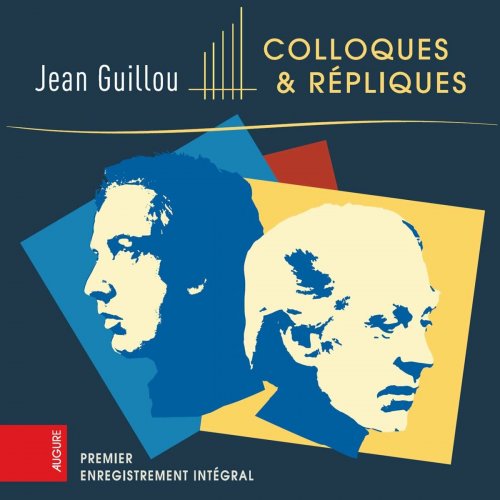
Artist: Jean Guillou
Title: Colloques et Répliques (Live)
Year Of Release: 2023
Label: Halidon/Augure
Genre: Classical
Quality: FLAC (tracks)
Total Time: 212:51 min
Total Size: 854 MB
WebSite: Album Preview
Tracklist:Title: Colloques et Répliques (Live)
Year Of Release: 2023
Label: Halidon/Augure
Genre: Classical
Quality: FLAC (tracks)
Total Time: 212:51 min
Total Size: 854 MB
WebSite: Album Preview
01. Colloque No. 1, Op. 2 (Live)
02. Colloque No. 2, Op. 11 (Live)
03. Colloque No. 3, Op. 12 (Live)
04. Colloque No. 4, Op. 15 (Live)
05. Colloque No. 5, Op. 19 (Live)
06. Colloque No. 6, Op. 47 (Live)
07. Colloque No. 7, Op. 66 (Live)
08. Répliques, Op. 75 (Live)
09. Colloque No. 8, Op. 67: I. (Live)
10. Colloque No. 8, Op. 67: II. (Live)
11. Colloque No. 10, Op. 86 (Live)
12. Colloque No. 2, Op. 11 (Bonus Track - Live)
13. Répliques, Op. 75 (Orgue de Barbarie - Live)
Jean Guillou was one of the most prominent and respected organists in Europe, but it took the CD boom of the late 1980s to turn him into something of a recording star. Guillou entered the Paris Conservatory in 1945, studying keyboard and composition with teachers including Marcel Dupré, Olivier Messiaen, and Maurice Duruflé. In 1953, at age 23, he joined the faculty of the Intituto de Alta Cultura in Lisbon. In 1958, Guillou moved to West Berlin, where he established himself as a recitalist and also published his first original compositions for solo organ and chamber ensemble. In 1963, Guillou was appointed organist at the Church of St. Eustache in Paris, a position he held until 2015. He subsequently toured Eastern Europe, Japan, and the United States. His recitals became renowned for their inventiveness and wit, Guillou freely intermingling his interpretations of works by Johann Sebastian Bach and César Franck, and arrangements of non-keyboard works by composers such as Franz Josef Haydn, as well as his own original compositions. Guillou's performances were noted for their dramatic flair and showmanship, which made him something of a flamboyant star on his instrument.
As a composer, he wrote numerous pieces that explore the sonorities of the organ in combination with other instruments, such as the cello in his Fantasie Concertante and with soprano in his Andromeda, based on the work of Gerard Manley Hopkins. He wrote concerti for the piano, an instrument on which he was thoroughly proficient though less celebrated, and authored an oratorio, The Last Judgment (1965); one symphonic work, his Judith-Symphonie (1971) for mezzo-soprano and orchestra; and Hypérion (1987) for organ and orchestra. He also revived the major keyboard works of Julius Reubke, a student of Franz Liszt who died tragically young. Guillou worte books on organ performance and the history and design of the instrument and was well-known within the music community as a leading scholar, conducting international master classes in Zurich beginning in 1970.
He made numerous acclaimed recordings that earned him recognition around the world. For Philips, he recorded such works as Alice au pays de l'orgue, a musical journey inspired by Lewis Carroll's Alice in Wonderland, and the Fantaisie Concertante. He has also done extensive recording for the audiophile Dorian label -- the latter include his performances of Bach's Goldberg Variations and own organ transcriptions of Igor Stravinsky's Petrushka and Modest Mussorgsky's Pictures at an Exhibition -- the latter disc found an especially large audience during the CD boom of the late 1980s, both as a result of the work's inherent popularity and as a serious follow-up to rock organist Keith Emerson's Moog synthesizer-based approach to the work from two decades earlier. This activity overlapped with Guillou's performances of the complete solo organ works of Bach in conjunction with the composer's tercentenary. Guillou retired from teaching in 2005, but continued to compose, perform, and record for another decade. Guillou died in Paris in early 2019. ~ Bruce Eder
As a composer, he wrote numerous pieces that explore the sonorities of the organ in combination with other instruments, such as the cello in his Fantasie Concertante and with soprano in his Andromeda, based on the work of Gerard Manley Hopkins. He wrote concerti for the piano, an instrument on which he was thoroughly proficient though less celebrated, and authored an oratorio, The Last Judgment (1965); one symphonic work, his Judith-Symphonie (1971) for mezzo-soprano and orchestra; and Hypérion (1987) for organ and orchestra. He also revived the major keyboard works of Julius Reubke, a student of Franz Liszt who died tragically young. Guillou worte books on organ performance and the history and design of the instrument and was well-known within the music community as a leading scholar, conducting international master classes in Zurich beginning in 1970.
He made numerous acclaimed recordings that earned him recognition around the world. For Philips, he recorded such works as Alice au pays de l'orgue, a musical journey inspired by Lewis Carroll's Alice in Wonderland, and the Fantaisie Concertante. He has also done extensive recording for the audiophile Dorian label -- the latter include his performances of Bach's Goldberg Variations and own organ transcriptions of Igor Stravinsky's Petrushka and Modest Mussorgsky's Pictures at an Exhibition -- the latter disc found an especially large audience during the CD boom of the late 1980s, both as a result of the work's inherent popularity and as a serious follow-up to rock organist Keith Emerson's Moog synthesizer-based approach to the work from two decades earlier. This activity overlapped with Guillou's performances of the complete solo organ works of Bach in conjunction with the composer's tercentenary. Guillou retired from teaching in 2005, but continued to compose, perform, and record for another decade. Guillou died in Paris in early 2019. ~ Bruce Eder
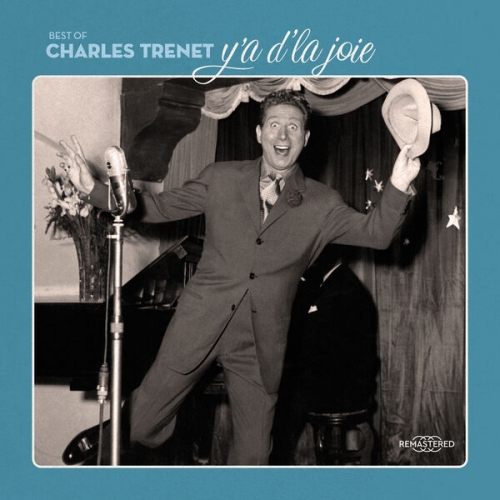
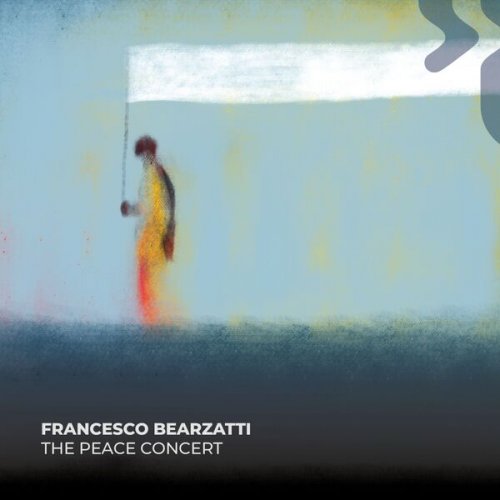
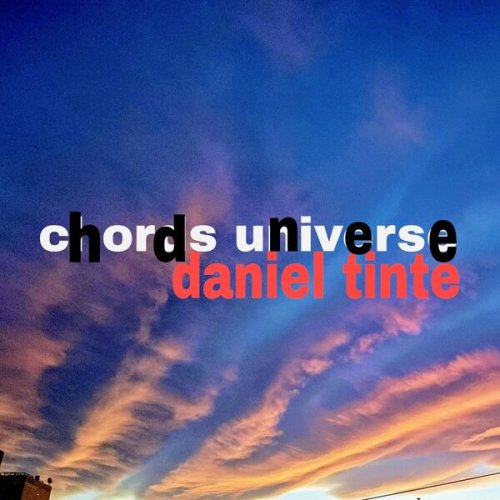
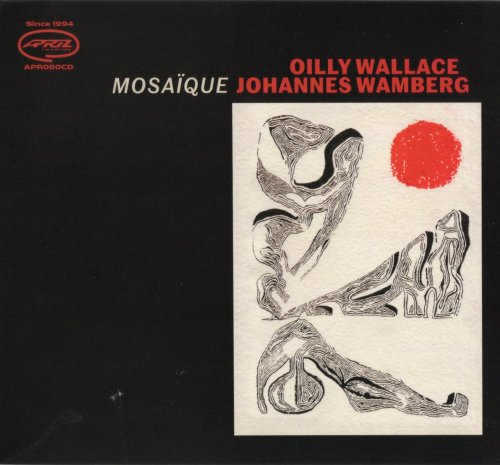
![Gegè Telesforo - FunSlowRide (Remastered 2025) (2026) [Hi-Res] Gegè Telesforo - FunSlowRide (Remastered 2025) (2026) [Hi-Res]](https://www.dibpic.com/uploads/posts/2026-01/1769769552_cover.jpg)
![Neue Grafik - Rachael (2026) [Hi-Res] Neue Grafik - Rachael (2026) [Hi-Res]](https://img.israbox.com/img/2026-01/29/epe0apr8xle4qpoyvu7kaz37u.jpg)
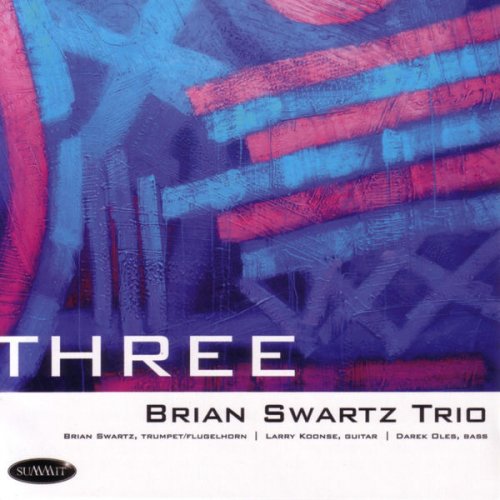
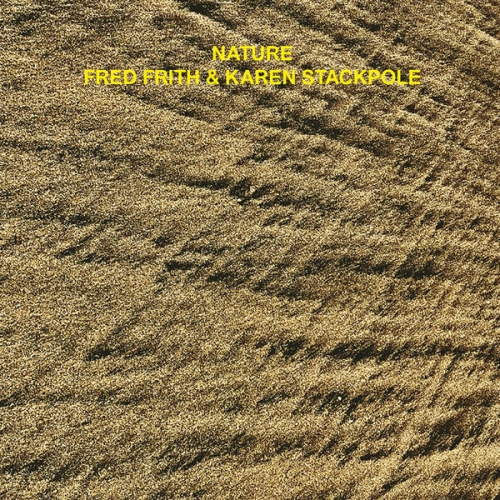
![Wes Montgomery - Bumpin’ (1965/2026) [Hi-Res] Wes Montgomery - Bumpin’ (1965/2026) [Hi-Res]](https://www.dibpic.com/uploads/posts/2026-01/1769712563_cover.jpg)